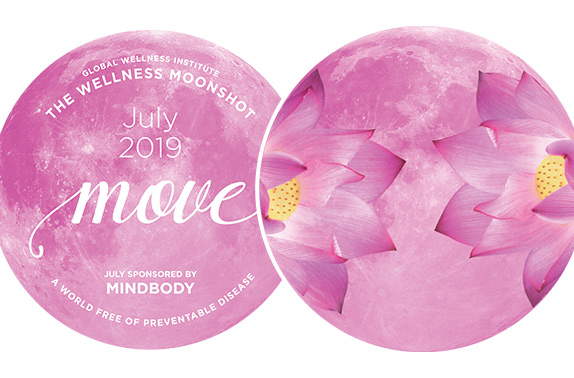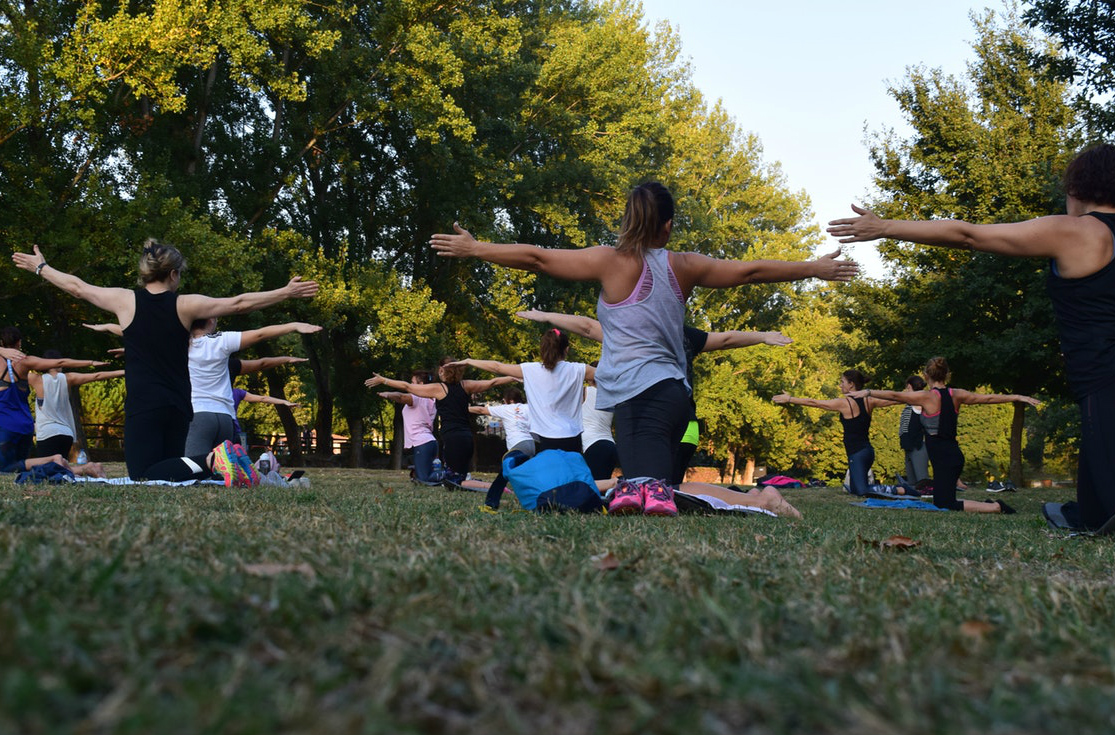This month, the GWI’s The Wellness Moonshot Calendar™: A Year of Inspiration focuses on ideas that will move you, your coworkers, and your family to get moving. Movement is a biological drive as essential to your health as sleep or food, and it also boosts productivity and creativity at work. Click here for inspiration on how to boost our natural instinct to move.





























































